Radical Change or a Bargaining Chip? The Significance of Egypt Scaling Back Security Coordination with ‘Israel’
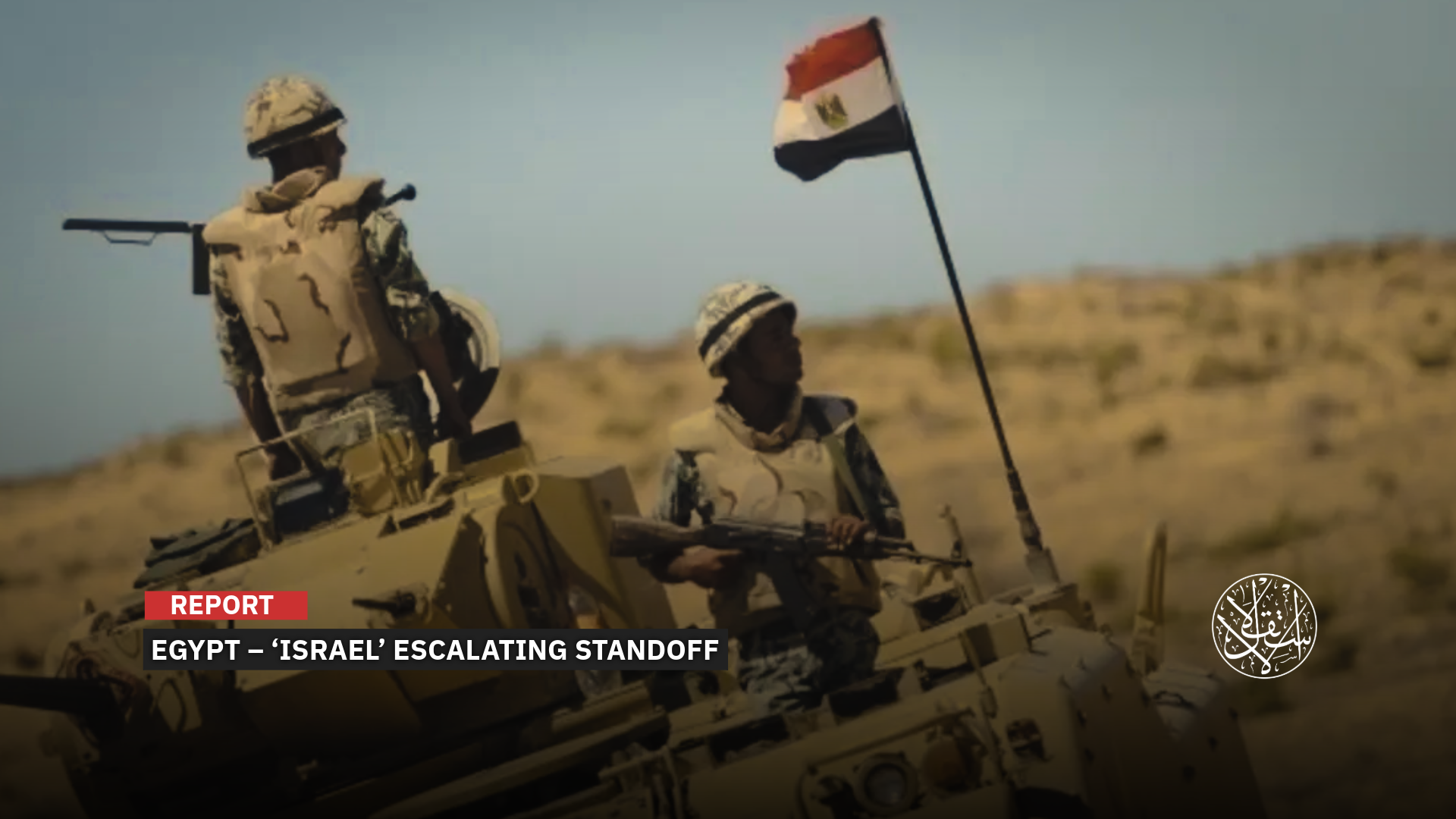
An Israeli analyst says a direct military clash between the two sides is “beyond logic.”
After 46 years of security coordination born out of the 1978 Camp David Accords, Egyptian–Israeli relations have reached an unprecedented crossroads.
On September 12, 2025, Egyptian and Israeli media simultaneously reported that Cairo had decided to scale back security coordination to a bare minimum, a move that has yet to be formally announced.
The decision, however, gained significant political weight when Abdel-Hadi al-Qasabi, leader of Egypt’s parliamentary majority, endorsed it in a statement on September 13, saying it reflects a firm national will and sends a clear message to those concerned.
This shift comes at a highly charged regional moment, with an ongoing war of annihilation in Gaza, Israeli attempts to impose a plan to transfer Palestinians to Sinai, a treacherous strike hitting the heart of Doha, and growing unease over Egypt’s military build-up east of the Suez Canal.
Taken together, these developments have prompted Cairo to signal, albeit through an unofficial statement, that the rules of the game have changed.
Security coordination, which for decades served as a mechanism to police the border, has now become a pressure card in the face of “Israel’s” repeated provocations.
Would you like me to make it a bit sharper and more opinionated (typical Guardian op-ed tone), or keep it strictly newsy and neutral?
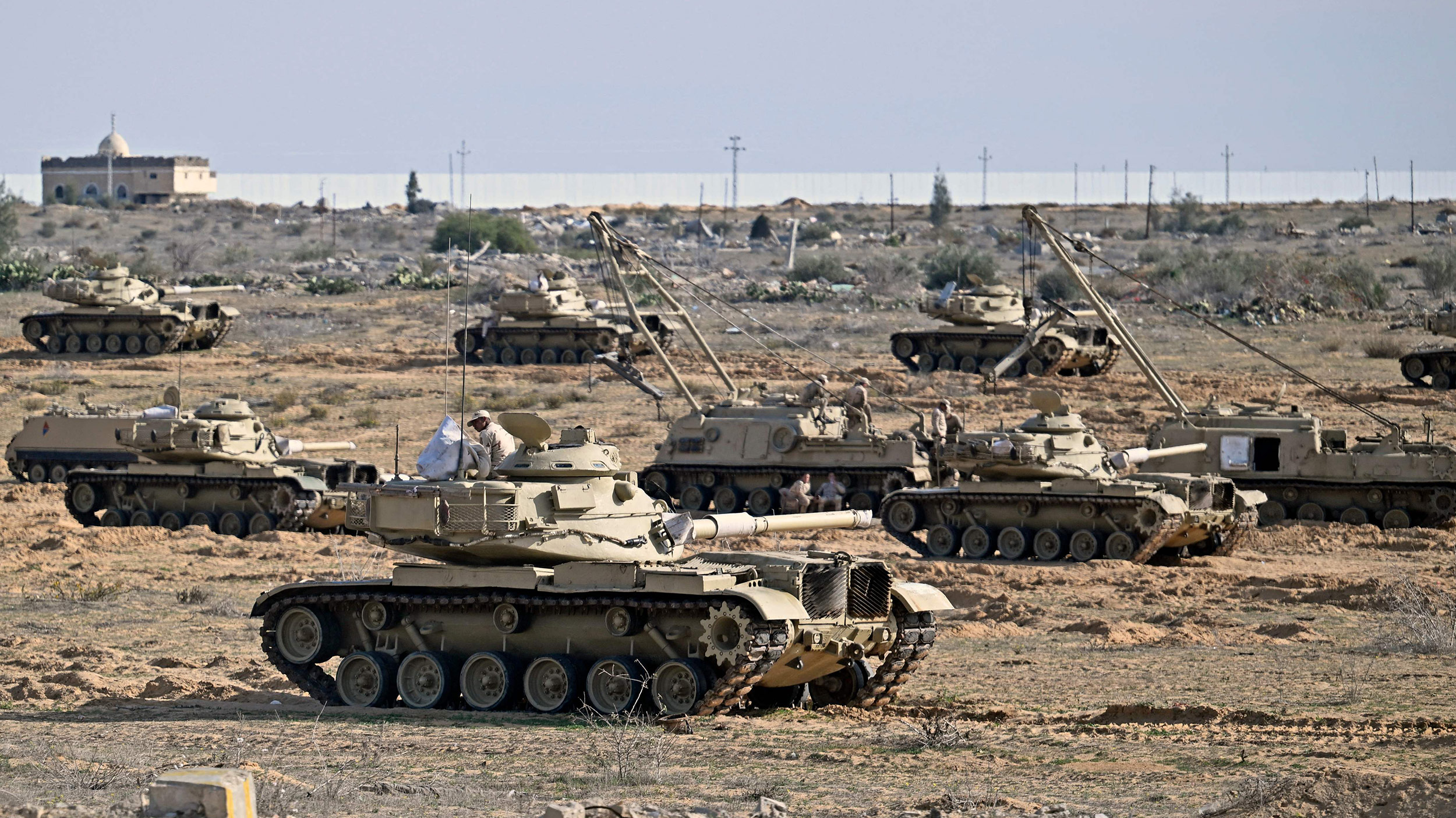
Cutting Motives
Security coordination between the two sides is meant to prevent any misunderstandings along their shared Sinai border. For years, information has been exchanged to contain any movements that might be misinterpreted and lead to an unintended confrontation.
According to local outlets Youm7, al-Masry al-Youm, Masr360, and Masrawy, as well as Saudi Arabia’s al Arabiya al Hadath channel, reporting on September 17, analysts warn that with coordination now scaled back, any uncoordinated military move could be seen as an act of war.
It marks the most dangerous moment in relations since the peace treaty, particularly as Cairo’s move comes at the end of a series of crises that have fueled anger toward “Tel Aviv,” above all the assault on Gaza and Israeli attempts to force Palestinians into Sinai.
Cairo has found itself squeezed between domestic criticism and international pressure over its silence in the face of ongoing massacres of Palestinian civilians.
With every new round of bombardment, worsening humanitarian suffering, and incendiary statements from “Israel’s” far-right ministers, security coordination has become a political liability for the Egyptian government.
Egypt has firmly rejected displacement from the outset of the events on October 7, 2023, aware that any concession would risk blowing up its national security and effectively erasing the Palestinian question from final-status negotiations.
“Tel Aviv,” meanwhile, has been watching nervously as Egypt has increased its military presence east of the Suez Canal. The Egyptian army has reinforced its troops in northern and central Sinai under the banner of counterterrorism.
But Israeli officials have seen this as breaching the security limitations set out in the peace treaty, and suspicion has now fused with fear, ratcheting up tensions by the day.
‘Israel’s’ Perspective
On September 13, Israeli journalist Jack Khoury of the Hebrew daily Haaretz reported, citing Israeli military sources, that Cairo is moving to redefine its relationship with “Tel Aviv” and is carefully weighing the future of security channels between the two sides.
Those sources added that “Israel” does not in practice recognize Egypt’s decision to scale back security coordination and treats it as a non-binding step.
The Jerusalem Post, meanwhile, argued that relations between Egypt and “Israel” have already entered a phase of accelerated deterioration over recent months.
The paper pointed to the moment Prime Minister Benjamin Netanyahu unveiled a map of “Greater Israel” that included parts of the Sinai Peninsula, which Cairo regarded as a provocation and a direct act of hostility.
Tensions further escalated when “Tel Aviv” dismissed the partial Egyptian-Qatari ceasefire initiative for Gaza, despite the fact that it met most of “Israel’s” stated demands.
Reuters, for its part, warned in its coverage of the security downgrade that “Israel’s” September 9, 2025, strike on Doha, which targeted senior Hamas figures, risked opening a fresh rift between “Israel” and Arab states that had normalized relations with it.
The agency also recalled that Egypt, which fought fierce wars with “Israel” in 1948, 1956, 1967, and 1973, became the first Arab country to sign a peace treaty with “Tel Aviv” at Camp David in 1978.
Although that treaty has been a cornerstone of Egyptian foreign policy and a key guarantor of Cairo’s relationship with Washington, opinion polls suggest it has never enjoyed broad popular approval inside Egypt.
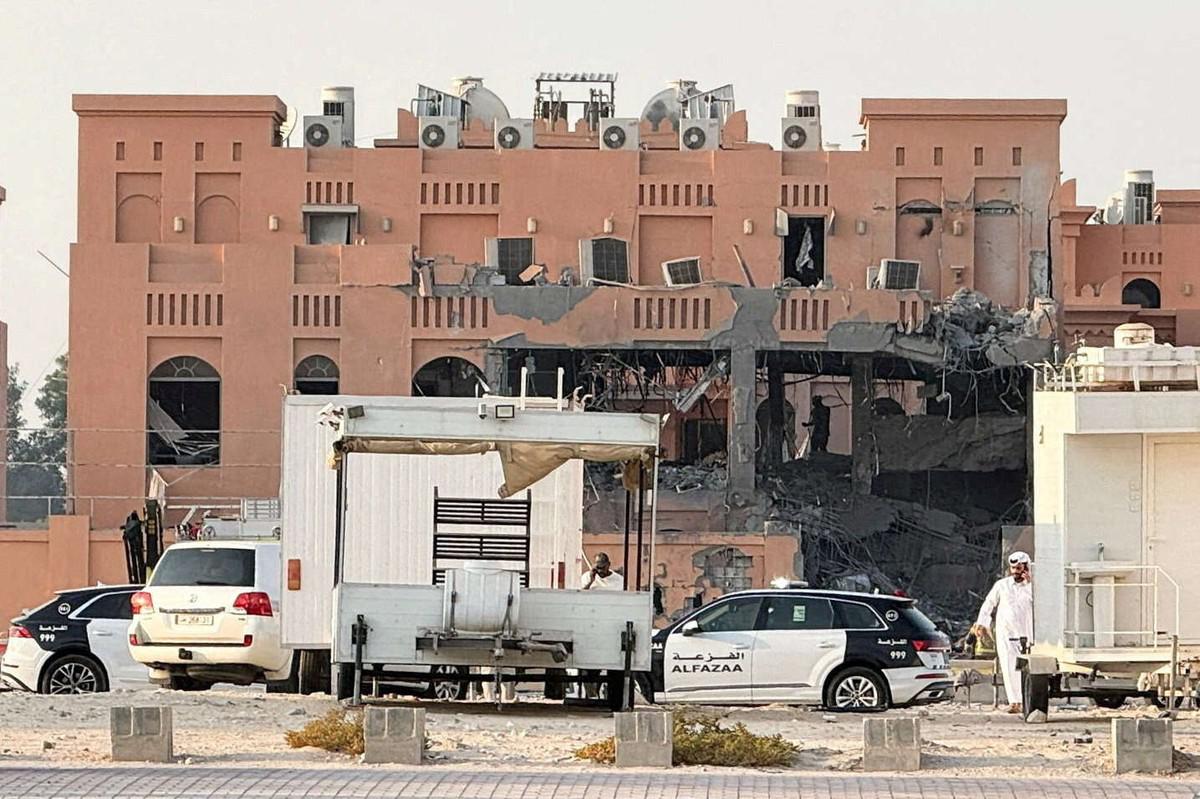
Escalating Tensions
Tensions between Cairo and “Tel Aviv” have been steadily mounting since early September 2025 over Egypt’s military presence in Sinai.
Israel Hayom revealed that Prime Minister Benjamin Netanyahu instructed that no gas export deal with Egypt be advanced without his personal approval.
The decision followed Israeli reports alleging Egyptian “violations” of the Camp David security annex, including the deployment of troops and equipment beyond permitted limits, expanding airport runways, and constructing tunnels capable of storing weapons.
Just two days later, on September 4, Netanyahu escalated matters in an interview with the Telegram channel Abu AliExpress, accusing Egypt of immediately closing the Rafah crossing to prevent Palestinians from leaving, a clear signal of Cairo’s refusal to allow displacement.
On September 5, Egypt’s Foreign Ministry hit back sharply, saying Netanyahu’s remarks were an attempt to impose political realities at Egypt’s expense and use the issue of forced displacement as leverage, particularly in Sinai, where Israeli circles have called for a reduction in Egyptian troop deployment.
Netanyahu’s office quickly issued a counterstatement the same day, accusing Cairo of “restricting the freedom of Gaza residents” to leave the war zone.
On September 6, Egyptian Foreign Minister Badr Abdelatty declared that “displacement is a red line for Egypt,” stressing that accepting the Israeli plan would amount to the liquidation of the Palestinian cause.
This spiral of escalation continued on September 16, when Egyptian Prime Minister Mostafa Madbouly posed a striking question at a press conference: “What if Palestinians are pressured and pushed to the border? Of course, the Egyptian state has plans to deal with this.”
His remark underscored the depth of Cairo’s fears that hundreds of thousands of Palestinians could be forced toward Sinai as a fait accompli.
This comes as the Israeli military continues to pressure Gaza City residents from the east, north, and south through ground advances, booby-trapped drones, artillery and air strikes, and the targeting of residential buildings across neighborhoods.
The aim is to push the city’s population southward, toward the Egyptian border, as a prelude to expelling more than two million people.
These developments show that the dispute is no longer limited to the management of Gaza or its crossings but has taken on a strategic dimension touching the core of the security relationship between the two sides.
Where security coordination was once framed around cooperation against terrorism in Sinai, Egypt’s military presence there is now viewed in “Tel Aviv” as a threat reshaping the rules of the game. Cairo, for its part, insists that any attempt to force a displacement scenario across the border is a red line that cannot be crossed.
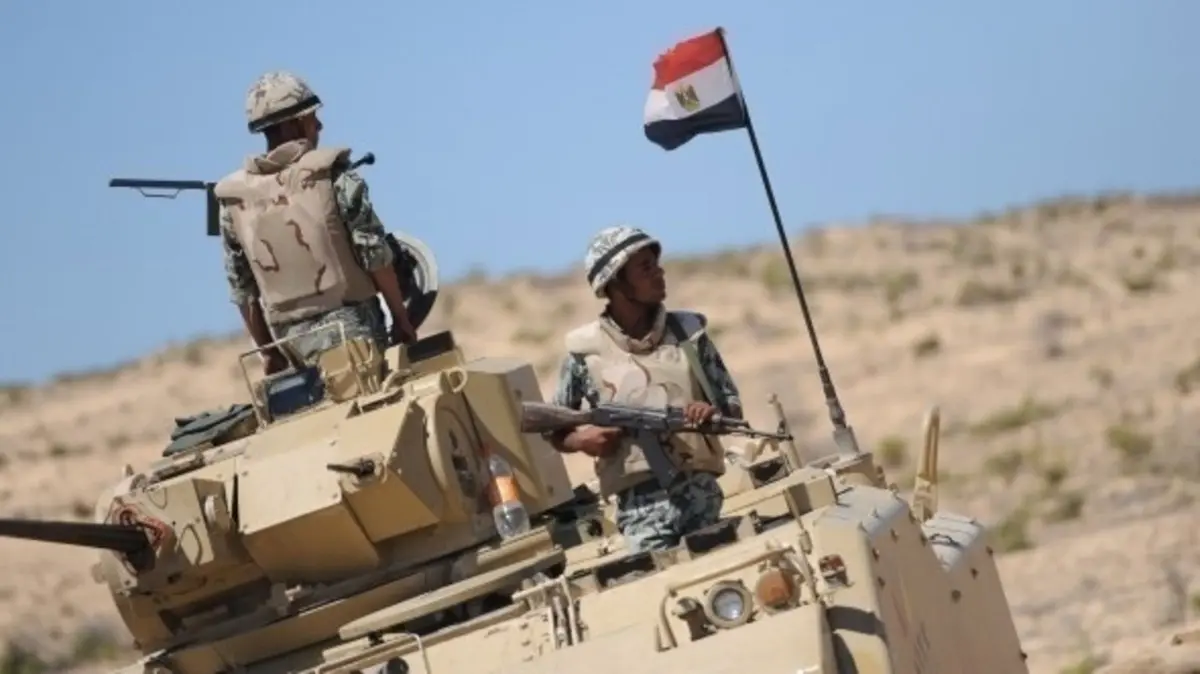
Anticipated Confrontation
The Financial Times went even further, arguing that by isolating Egypt, “Israel” is in fact losing its most important Arab partner.
In an opinion piece published on September 14, 2025, Ksenia Svetlova, head of the Regional Organization for Peace, Economies and Security, warned that “Israeli Prime Minister Benjamin Netanyahu’s threat this month to block a $35bn gas deal with Egypt is a dangerous miscalculation that threatens to undermine Israel’s most vital Arab partnership.”
Svetlova, a former member of the Knesset, argued that such moves are part of “a troubling pattern of manufactured crises designed to pressure Cairo into accepting policies no Egyptian government could ever embrace.”
On September 20, Israeli analyst Yoav Stern told France 24 that the military tensions between Egypt and “Israel” over Sinai had become a central issue, not a marginal one.
He noted that “Israel” is now asking the United States, as guarantor of the peace treaty, to intervene and curb Egypt’s influence.
Stern linked the strain in relations to Egyptian fears over Israeli plans to displace Palestinians into Sinai and to the Israeli strike on Qatar, which deepened mistrust between the two sides.
He stressed that Netanyahu is mishandling the war and damaging “Israel’s” relations with its neighbors, warning that a direct military clash between Egypt and “Israel,” while “beyond the bounds of logic” and unlikely, could still occur.
Stern added that the peace agreements serve the interests of both countries and must be preserved, with full security coordination maintained.
He concluded by saying that the whole world is waiting for the war in Gaza to end, and that new momentum for negotiations must be generated.
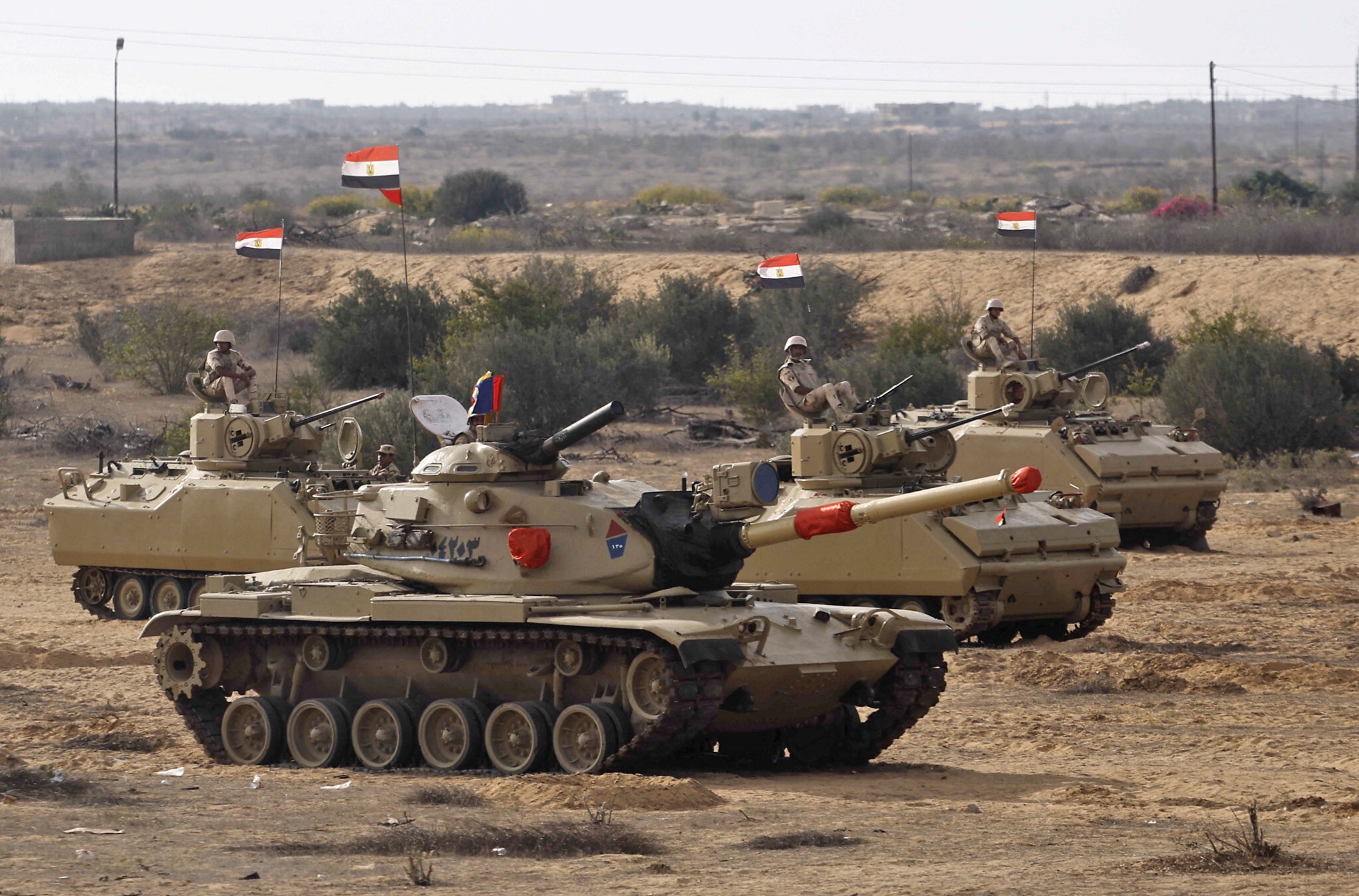
Remaining Possibilities
Egyptian political analyst Khaled Mahmoud said that “the reports about Cairo’s decision to lower the level of security coordination with Israel raise many questions, particularly given the absence of any official announcement from the Egyptian side, while Israel has sought to downplay the move and present it as a mere temporary adjustment.”
Mahmoud told Al-Estiklal that “there is a clear sense of anxiety in Israeli discourse, as Tel Aviv fears that this step could escalate from a reduction in coordination to what might be seen as a breach of the security protocols governing relations between the two countries, especially regarding troop movements or coordination in Sinai and along the shared border.”
“This is not the first time Cairo has wielded the security coordination card. It did so during Israel’s invasion of Lebanon in 1982, during the Second Intifada in 2000, and again during Operation Protective Edge in Gaza in 2014.”
“Likewise in 2024, when Egypt warned that any Israeli operation in Rafah could push Palestinians to flee into Sinai, which Cairo considered a direct threat requiring the suspension of the security annex and potentially even the peace treaty itself,” Mahmoud added.
“The security arrangements protocol remains the primary reference framework regulating this cooperation, and Cairo dealt with Israel’s occupation of the Philadelphi Corridor, on the Gaza border, within the framework of a ceasefire deal.”
Egypt insisted on the return of Gaza’s displaced residents to the north rather than their transfer south, Mahmoud said, and that demand was met with around one million Palestinians eventually returning.
He concluded that the current noise in the Israeli media reflects a real shift in the nature of relations with Egypt, even if the security arrangements remain formally in place.
But he stressed that all options are now on the table, particularly as tensions between Cairo and “Tel Aviv” are at their highest since the signing of the peace treaty.
Sources
- Al Arabiya: Egypt reduces security and intelligence coordination with Israel after Doha attack [Arabic]
- The fraught relationship between Israel and the Arab states [Arabic]
- Sharon Aloni-Cunio: I will not agree to become a widow because of hesitation or obstruction [Hebrew]
- Egypt reportedly decides to reduce coordination with Israel after Qatar strike
- Will Egypt cancel its peace treaty with Israel? [Arabic]
- Egypt reduces security coordination with Israel until further notice following Doha strike [Arabic]









